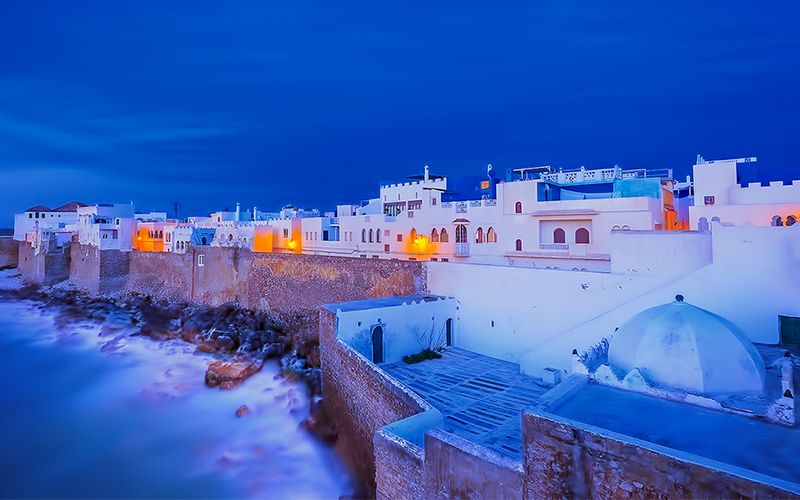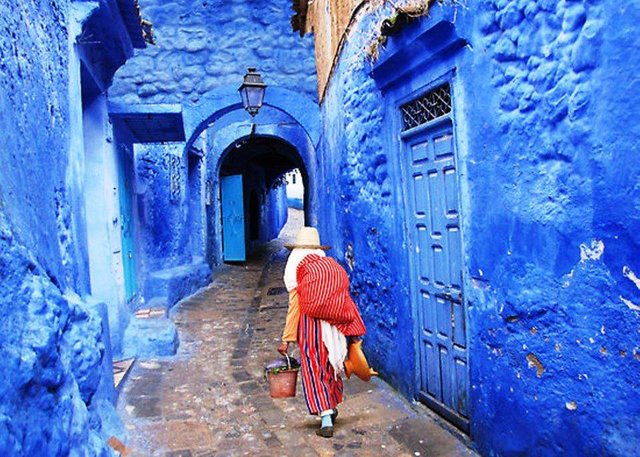The city of Asilah Morocco between art and history
The city of Asilah or; A Moroccan city located on the Atlantic coast. Over the past three decades, the city has undergone significant transformations in infrastructure, public utilities and urban forms, transforming it into an important cultural and tourist pole, frequented by thousands of intellectuals each year.
Tourism is one of the most active economic areas in Asilah. Where the city attracts thousands of visitors annually to see its historical and cultural exploits and to participate in the festival of Asilah open cultural, which is an exhibition of artistic and open to the art of art in which hundreds of artists, amateurs and beginners and the city then remains an exhibition open to the most beautiful and beautiful paintings for a whole year. The beaches of the city, which spans 17 km, are one of the most important tourist attractions. These beaches attract thousands of tourists annually from inside Morocco and from the Iberian peninsula in particular.
One of the most important attractions of the city is the Asilah International Season Festival, which covers all fields such as literature, music, painting and sculpture. The two-week festival, which runs from August 7 to 22, is an open art exhibition that attracts visitors, creators and writers from all over the world. It also hosts a country every season as a guest of honor and participates in its creators and artists. All fields known by the festival.
The festival is supervised by the Asilah Forum and the Summer University: the adopted Ibn Abad. After the end of the festival, the city remains an open museum to display the most beautiful murals and sculptures established during the last session for the whole year until the next session of the festival.
Most of Asilah's inhabitants use the Arabic language in their mountainous dialect. The community of Asilah is characterized by a large presence of Spanish vocabulary as well as in the neighborhood of Tangier. In the Amazigh language, 6.4 percent of the population speaks in its rural dialect, but its use is limited to the home often
Fluent in 47.2 percent of the modern population in French. While 15.2 percent of the population consider Spanish as their second language while English is understood by a significant group of the city's population

.jpg)